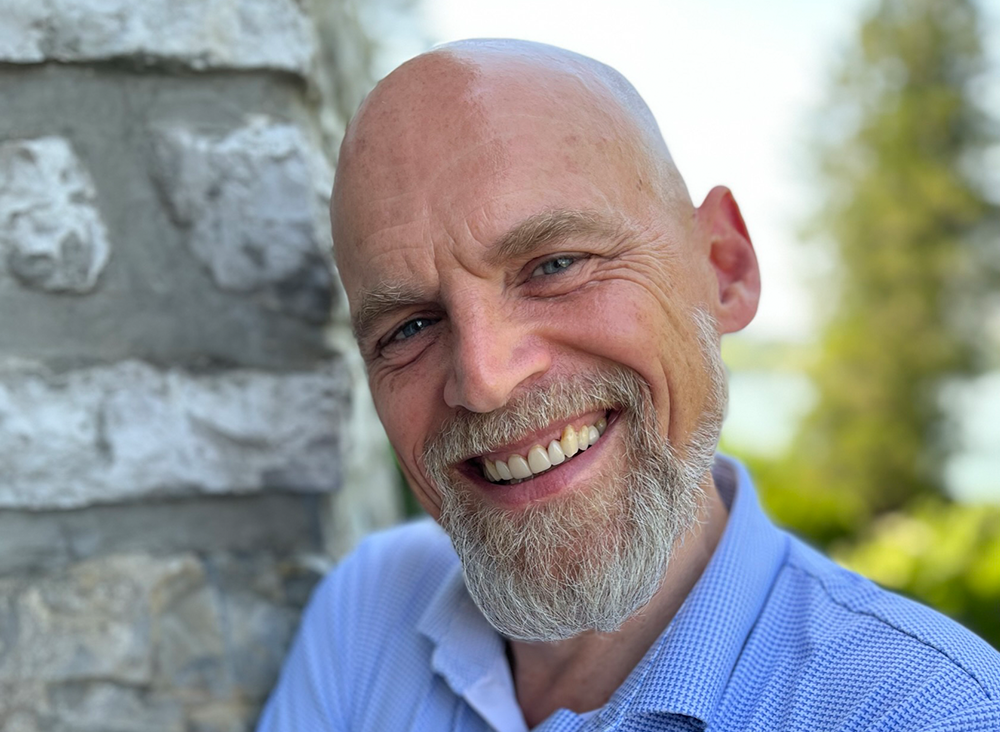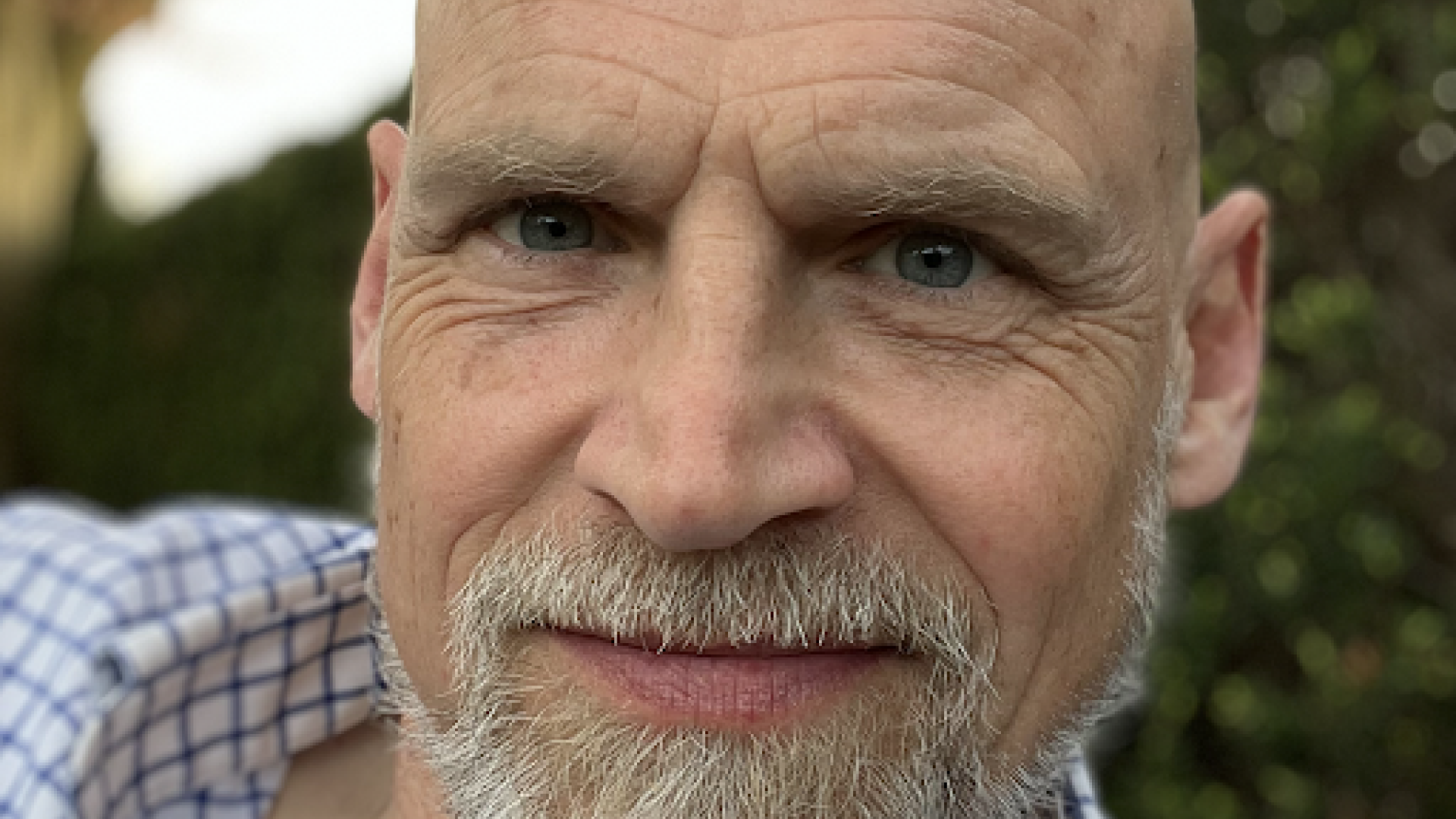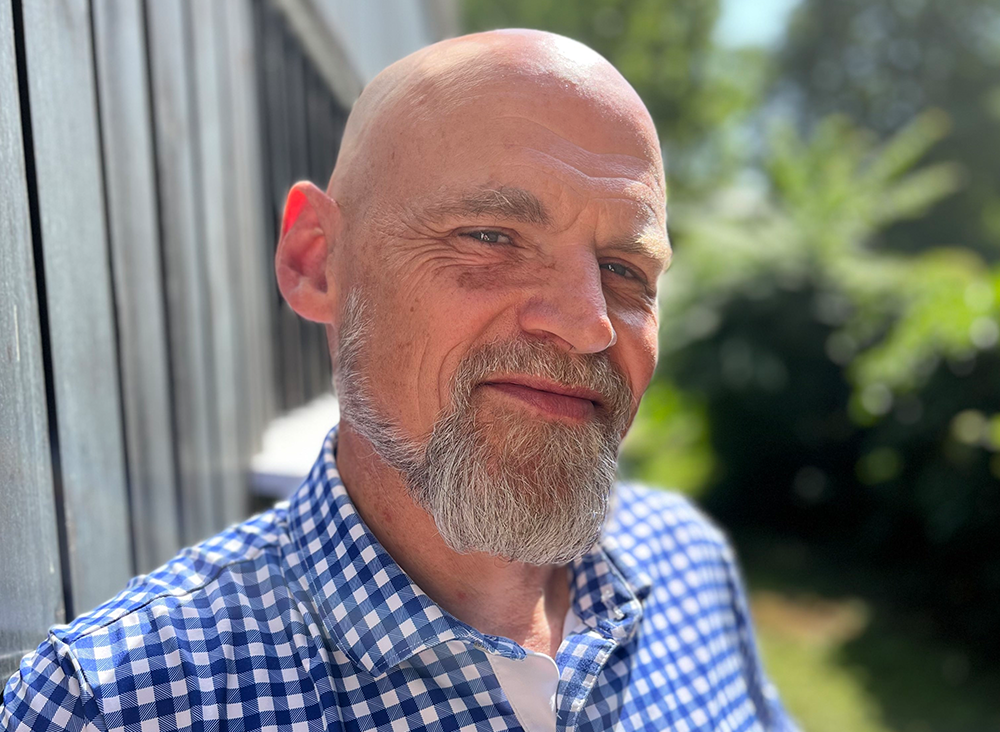
It was painful for me to see our son struggle with anxiety, depression and his attempts to self medicate with substances. I was confused and could not relate with what was going on. Our relationship continued to deteriorate and the more exasperated I became and the more I pushed him to ‘snap out of it’, the further apart we moved. It was a little more than 3 years ago that our son went to the first really effective recovery program.
Since then, I have encountered some very powerful concepts that have helped me find serenity in this process of parenting a child who struggles. One of my favorite quotes remains the one Johann Hari used at the end of the TED Talk Everything you think you know about addiction is wrong. He ended the TED Talk with “The Opposite of addiction is connection.” The way I made sense of this quote is that it actually is about human connection, without the baggage of blame, shame, judgment, to mention a few of the ‘solutions’ I had tried to apply when I was still looking at our son as the one who had the problem. In fact, connection helps break the cycle of shame, stigma and isolation that perpetuates addiction. Connection provides a sense of belonging, meaning and purpose that can motivate people to change their lives and stay sober. Connection offers support, empathy and guidance from others who have overcome addiction or who can relate to the struggles of addiction. Connection creates opportunities for learning new skills, values and coping strategies from mentors, advocates and teachers. Connection enhances self-esteem, trust and compassion towards oneself and others.
One of our son’s therapists, Lu Vaughn was instrumental to help us shift our perspective on our son’s struggle and she summed up the struggle between parents and their kids who suffer from substance dependency, “Your kids are looking at the substance as the solution, the parents often look at the substance as the problem.” It is natural for a parent to go into overdrive when they first find out about substance abuse. We love our kids and we long for them to live a fulfilled and happy life. When I was first confronted with our son’s experiments with substances and his disruptive behavior, I tried to control his behavior and was certainly not focused on connecting with him, nor did I realize that gradually, with every conflict our relationship deteriorated.
Which brings me to my claim that Johann Hari’s quote doesn’t just apply to our loved ones, who suffer from substance dependency, but also to us parents, who become so obsessed with wanting to control their behavior. Today, I look at Johann Hari’s quote as a coin. On one side is my son, who benefits from seeking connection and on the other side of the coin is me, the father, who once could not think about anything, but how to help our son. Everything else took a back seat and even I could not think of my own self care. My obsession and despair that I could not help my son became overwhelming.
Once I was able to keep my focus on building a connection and rebuilding the relationship with my son, I became more hopeful that things will improve. In one of the meetings, I heard this quote that still resonates with me: “relationship over task”. If we only focus on the task and neglect to keep the relationship in mind, we lose connection and once we lose connection, it is easy to move apart.
Over these last 3 years, my thinking about our son’s struggle has definitely evolved, in large part due to all the wisdom that I have picked up from all the kind people around us, from all the books, podcasts and TED talks that I absorbed. I can’t say that I’m certain that he’ll never relapse, but I’m clear that focusing on building and maintaining a healthy relationship with my son is the best way that I can show him how much I love him.


